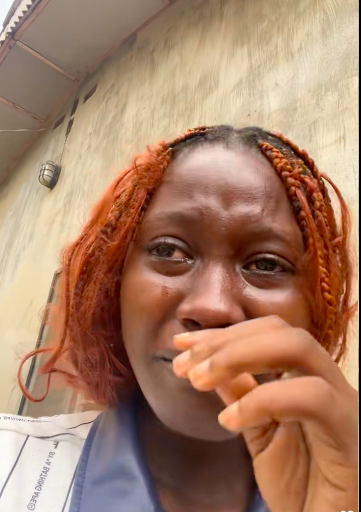
Residents of Sapele, Delta State, have expressed support for the Violence Against All Persons Prohibition (VAAP) Law of 2015, acknowledging its importance in promoting decency and curbing harmful social behaviours. However, they are raising serious concerns over what they describe as a gross misinterpretation of the law by the Delta State Police Command, warning that its enforcement may open the door to extortion and harassment, particularly of young women.
Legal experts in Sapele have also cautioned against the current approach, stressing that Section 16 of the VAAP Law is being wrongly interpreted. A human rights lawyer, who preferred anonymity, pointed out that the law was never intended to function as a dress code regulation.
“The section in question speaks to emotional and psychological abuse. It does not mention dressing, nor does it give police the authority to define what is indecent or arrest people based on how they appear,” she explained. “Using it in this manner is a distortion of its intent, and it puts women in particular at risk of abuse and humiliation.”
These fears were heightened following the circulation of a controversial police campaign poster written in Pidgin English, which warns against “indecent dressing” and threatens offenders with a N50,000 fine or community service. The cartoon on the poster, depicting a woman in a short skirt and crop top, has drawn widespread criticism for being gender-biased and lacking legal basis.
Speaking with newsmen, residents reiterated their support for laws that encourage public morality but warned that ambiguous interpretations could lead to abuses by law enforcement agencies.
“We support the VAAP Law. It is meant to protect people from abuse, and we believe decency should be encouraged in our society,” said Deacon Godwin Efe, a civil servant. “But this idea of ‘indecent dressing’ is too loosely defined. It’s already being used by some security agents to harass and extort young women in the past. That’s what we are afraid of.”
Miss Mirabel Otomewo, a university student, echoed this sentiment.
“Nobody is saying people should walk around naked. But this law must not be used to shame or exploit young girls. Some policemen will take advantage of it, they’ll arrest you based on what they personally consider indecent and start asking for money or favours. It’s already happening even before the official campaigning of the law,” she said.
Market traders and youth leaders have joined the growing concern. Mr. John Ejiro, a trader at Sapele Main Market, said the proposed N50,000 fine was not only excessive but also unrealistic. “The economy is hard. If a girl wears what she can afford, you say she must pay N50,000? Where will she get that kind of money? What happens next is bribery, harassment, and even worse,” he lamented.
Similarly, Mrs. Felicia Ovwasa, a school teacher, warned that vague language in the campaign could enable sexual intimidation. “This law will now be used as a weapon against young girls. If care is not taken, it will become a license for some officers to harass and molest them under the guise of enforcing morality.”
Activists in Sapele are calling on the Delta State Government and the Ministry of Justice to clarify the scope and intent of the VAAP Law and to put concrete safeguards in place.
“Let’s not throw away the good part of the VAAP Law,” said Tony Ighoyota. “But we must be careful how we enforce it. It must not become a trap to exploit and intimidate innocent citizens.”
As of press time, both the Delta State Police Command and the Ministry of Justice had yet to issue an official clarification on how the law will be enforced, leaving many residents concerned that, without proper oversight, the law’s implementation could undermine its original purpose.




